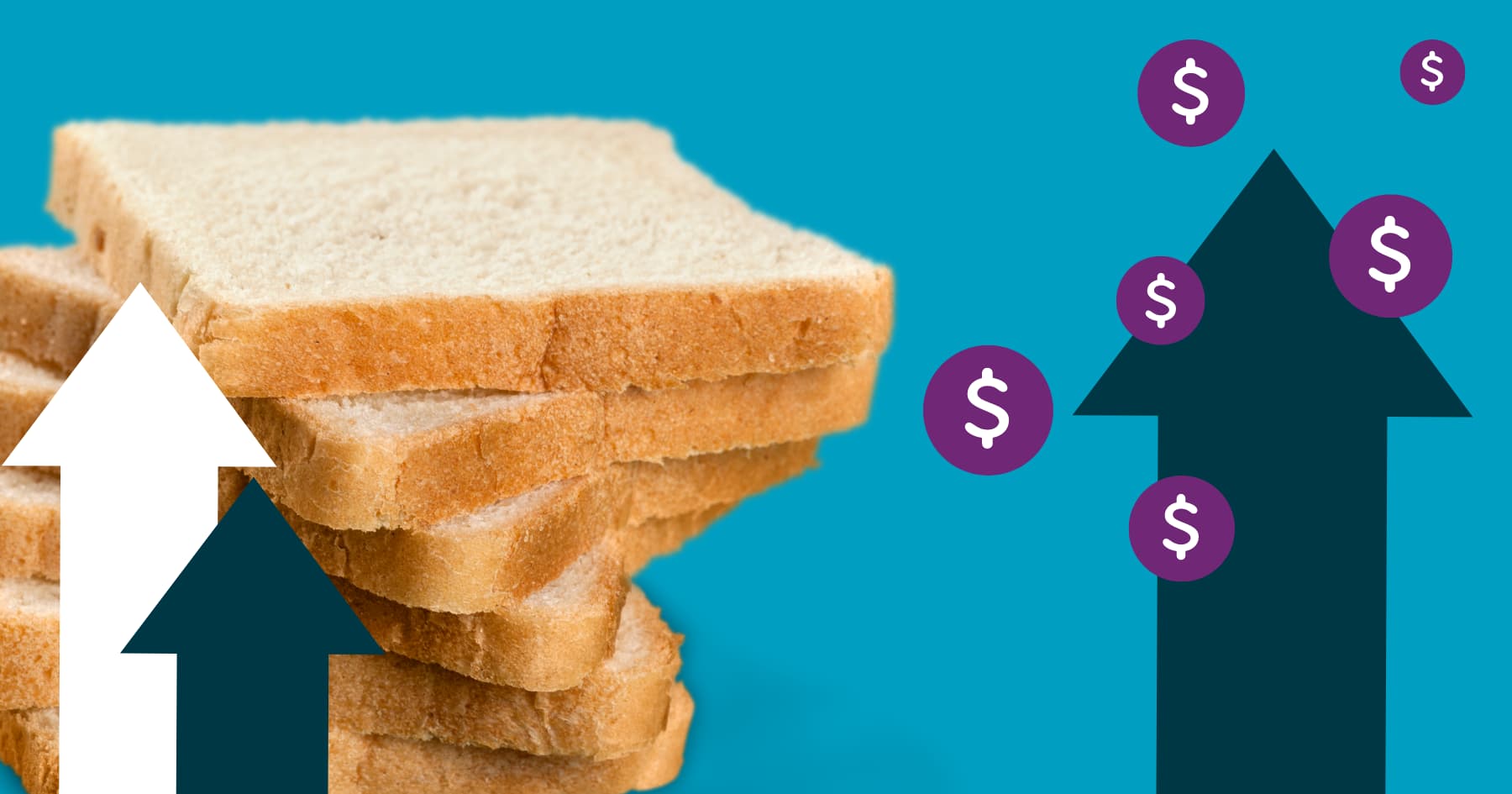Congress is debating the new farm bill, with a big disagreement over SNAP funding because current benefits aren’t enough to cover rising food costs for low-income families.
Congress Debates SNAP Funding in Farm Bill as Inflation Outpaces Benefits, Impacting Low-Income Families
According to the published article of PBSO News Weekend, as Congress works on the new five-year farm bill one big issue is how much money should go to the Supplemental Nutrition Assistance Program (SNAP) which helps low-income families buy food. A report from the Urban Institute found that in 2023, SNAP benefits didn’t cover the rising cost of groceries in nearly all U.S. counties. Elaine Waxman from the Urban Institute explained that even though SNAP benefits were increased in 2021, they haven’t kept up with inflation leaving many families unable to afford enough food.
Elaine Waxman said that SNAP is very important for fighting hunger and helping the economy. In 2021, SNAP benefits were adjusted to better match the cost of a moderate meal in most counties. But since then, inflation has made food more expensive and SNAP benefits have not increased enough to keep up. This problem is especially bad in rural areas and places with high costs like parts of Michigan and Idaho where it’s even harder for families to buy the food they need.
READ ALSO: 2.5 Million Illinoisans Impacted: New Bills Aim To Regulate Health Insurance Plans And Protect Consumers

98% of US Counties: SNAP Benefits Fall Short, Leaving Low-Income Families Struggling to Afford Nutritious Meals – $17.4 Billion in Additional Funding Needed to Bridge the Gap! (PHOTO: Mercatus)
Heated Congressional Debate Over SNAP Funding as Rising Food Costs Threaten Low-Income Families
Furthermore, the debate in Congress about SNAP is heated with strong disagreements about how to manage future benefit changes. Some lawmakers want to keep costs the same, which means not increasing SNAP benefits even if food prices go up. This would make it even harder for low-income families to buy enough food. Waxman stressed that if SNAP funding doesn’t keep up with rising costs, more families will struggle to eat well and stay healthy showing the need for better support from the government.

















































